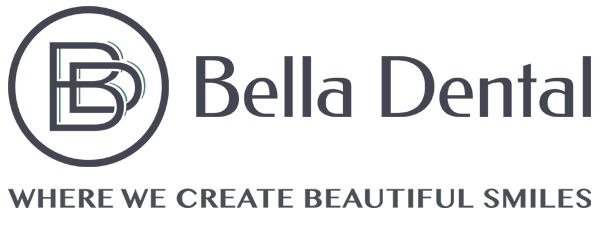The foundation of good oral health is good oral hygiene habits. An ounce of prevention is worth a pound of cure when it comes to your teeth and gums, which is why brushing, flossing, and professional dental cleanings are essential. But how often do you really have to brush? Is flossing as important as dentists say it is? And if you take good care of your teeth at home, do you really need to have them cleaned professionally? Here’s what you need to know.
How Often Should You Brush Your Teeth?
You should brush your teeth at least twice a day. If you have braces, a coffee habit, or eat a meal or snack that leaves food stuck between your teeth, you can add in another brushing session too, but at a minimum, you should brush in the morning and at night, after you’re done eating for the day.
Most people do brush twice a day, but just as important as how often you brush is how well you brush. You should brush for a full two minutes—if you’ve never timed yourself brushing before, it’s likely that you’re not brushing long enough. (Two minutes can feel a lot longer than you might think!) Use a pea-sized amount of fluoride toothpaste and a soft-bristled brush to clean the fronts, backs, and chewing surfaces of every tooth. Dividing your mouth into four quadrants and spending 30 seconds on each one is an easy way to ensure that you’re being thorough and brushing as long as you need to.
How Often Should You Floss Your Teeth?
You should floss at least once a day, but just like brushing, you can floss more often if you need to. Flossing is one aspect of oral health that many patients struggle with, but it’s just as important as brushing. Your brush can’t reach plaque that forms between your teeth, so the only way to remove it is with dental floss. Patients who skip flossing or only floss irregularly are at a higher risk for tooth decay and gum disease.
You can floss in the morning or at night, but nighttime flossing is preferable because it gives you the chance to remove all of the food debris that has accumulated throughout the day. Make sure you floss between each of your teeth, reaching all the way down to the gum line. If your gums bleed when you do this, it’s a sign that you have gingivitis, which is a precursor to gum disease. Bleeding gums don’t mean you should stop flossing—they mean you should continue with the habit in order to restore your gum health.
How Often Should You Have Your Teeth Professionally Cleaned?
Professional dental cleanings and comprehensive evaluations go hand-in-hand. The two should be scheduled every six months, or occasionally more often if you have gum disease or another oral health issue that needs to be closely monitored.
Even if you’re diligent with your oral hygiene habits, professional teeth cleaning is important. Plaque can harden into tartar and tartar cannot be removed with brushing or flossing—the only way to remove it is with the specialized tools used at the dentist’s office. If tartar isn’t removed, it can lead to gum disease and tooth decay.
During these appointments, your dentist will also assess the health of each of your teeth and your gums and perform an oral cancer screening to detect abnormal lesions. This allows for early, proactive treatment of minor oral health issues before they become complex, costly problems.
Schedule an Appointment at Bella Dental
If you’re due for a dental cleaning, contact us today at one of our three New Jersey locations to schedule an appointment.

